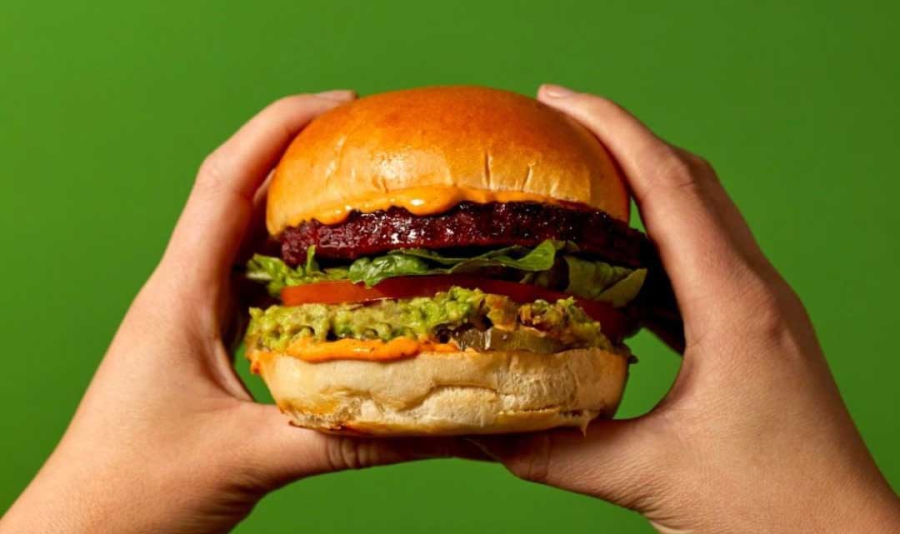5 COMMON MYTHS ABOUT VEGAN DEBUNKED
There are a few myths or misconceptions that are still spreading throughout society about the decision to live a vegan lifestyle. Let’s debunk some of those myths!

Some people are choosing to do a vegan diet and lifestyle for various reasons, such as keeping one's health and physical fitness or being more concerned with the environment.
However, there are a few myths or misconceptions that are still spreading throughout society about the decision to live a vegan lifestyle. There are a lot of people who are curious about how vegans can get enough nutrition when they don't eat meats that come from animals. Let’s debunk some of those myths!
Vegetarian diets are always nutritious

The truth is that eliminating meat from your diet does not automatically make it healthier. A high-meat diet, particularly red meat, has been linked to an increased risk of heart disease and cancers such as colorectal cancer, according to numerous studies.
There is also strong evidence that fruits and vegetables are healthy, and vegetarian diets have numerous health benefits. However, an American College of Cardiology study discovered that vegetarians with diets high in sweets, refined grains, and juice had no heart-health benefits when compared to meat eaters.
Eat whole foods, including fruits and vegetables, lean proteins, calcium-rich foods, and whole grains, and limit sodium, fat, and sugar
Plant-based burgers are far healthier than meat burgers

The truth is that the quality of the plant-based burger is everything. Many plant-based burgers are highly processed and high in sodium, which can increase your risk of hypertension, heart attack, and stroke.
Choose burgers that are minimally processed and made of vegetables, a whole grain, and beans, and look for those that are low in sodium and high in protein. Even better, you can make your own.
It's difficult to get enough protein and iron without eating meat

According to a 2019 review of multiple studies, vegans and vegetarians who eat a quality plant-based diet get more than enough protein. Many vegetarians consume high-protein animal products such as eggs and dairy, but there are protein-rich plant-based options such as almonds (6 g per oz), quinoa (8 g per cup, cooked), and black beans (1 cup, cooked, has 15 g of the roughly 50 g of protein most adults need in a day).
Muscle growth requires meat

you don't need meat; you need protein, which can be obtained from plants. In fact, a scientific review of available research found no difference in muscle mass gains between soy protein and animal protein consumption.
The trick is to ensure that you're getting all of the essential amino acids your body requires to form protein for muscle, nine of which can only be obtained through food. Look for complete proteins that include all nine, or mix and match to get the complete set.
Vegetarianism is only good for you

The truth is that it is much larger than that. It is better for the environment to avoid or consume less meat. According to a study published in the journal Scientific Reports, if every American ate 25% less meat, greenhouse gas emissions would be reduced by about 1%.
If everyone in the country became vegetarian, it would result in a 5% reduction. It may not appear to be much, but every little bit helps.
#THE S MEDIA #Media Milenial #Vegetarian diets #myths #vegan


























